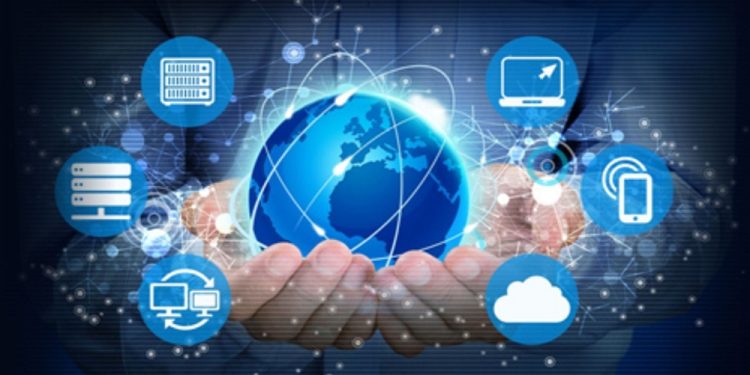
Internet Day
Internet Day (also known as National Internet Day) is a holiday that commemorates the sending of the first internet message on October 29, 1969, by Charley Kline. When that simple message was first sent, no one could have imagined that the internet would become the behemoth that it is today.
Who would have imagined such things as social media, video on demand, or all of the other technological advances that have happened over the past half-century? And who knows what technological advances the internet will have over the next 50+ years?
The History of Internet Day
As we mentioned above, Internet Day commemorates a young grad student on the campus of UCLA sending the first internet message. This guy was Charley Kline, and he sent a message to his colleague, Bill Duvall, at Stanford University.
The two of them had been working on the Advanced Research Project Agency Network – otherwise known as ARPANET – and the message was simply the word “login.” However, at the time, the entire message wasn’t delivered because the connection between the two terminals crashed. So only the letters “L” and “O” were sent at first.
It wouldn’t be until an hour later that the computers could be reset and Kline was able to deliver the “login” message.
Fun and Sometimes Strange Facts About the Internet
During the course of our research, we came across some very interesting facts about the internet. Facts that we think everyone can appreciate.
Unfortunately, since the internet is constantly evolving and changing, it’s hard to gain accurate facts about the internet that aren’t outdated by the time we list them. However, we did give it a try, and we believe that the following facts are accurate as of the time that we listed them below.
The Internet Uses a Lot of Power
There are over 9 billion different electronic devices connected to the internet, and that number grows every single day. And by definition of the internet, any device connected to it is a part of it. That means that the internet requires approximately 70 billion kilowatt-hours a year to power it.
A Lot of People Are on It
According to the latest research, there are 4.66 billion active internet users in the world. That means that approximately 65% of the entire world’s population has internet access. However, since there are 7.9 billion people as of 2021, that means that approximately 3.24 billion people are without internet access.
The Best Connected Cities Aren’t in the U.S.
As of 2021, the best internet-connected cities aren’t in the United States. The cities with the best internet infrastructure were South Korea and Japan. In Japan, the average fixed bandwidth is 103.8 Mbps. In South Korea, the average connection speed is 59.6 Mbps. In the U.S., the average connection speed is 26.7 Mbps.
Observing Internet Day
Anyone who is serious about celebrating Internet Day can do so simply by learning more about the history of the internet from its conception as a military research project to the worldwide network it has since become.
It’s also a good day to send a Happy Internet Day message to friends and family, or if you’d rather do it over social media, then leave a message using the hashtag #InternetDay.








